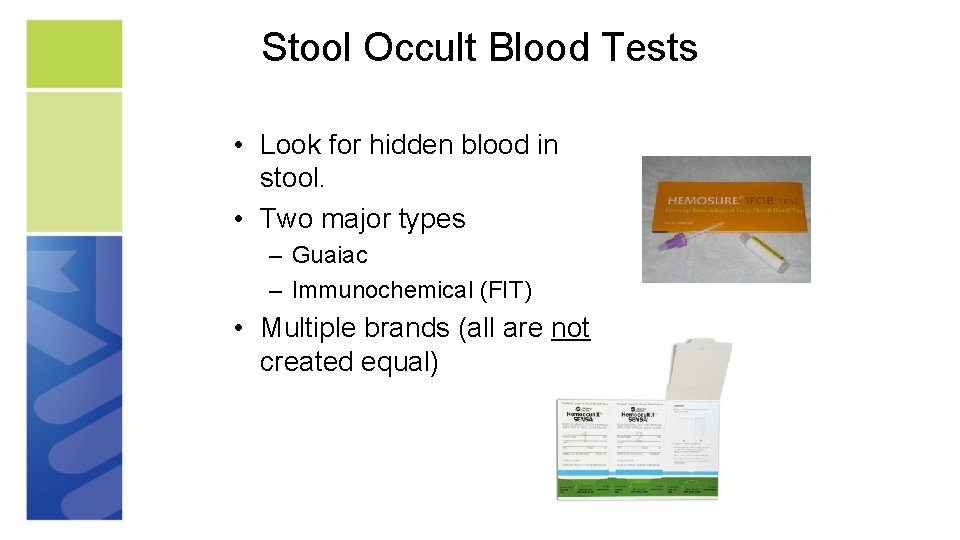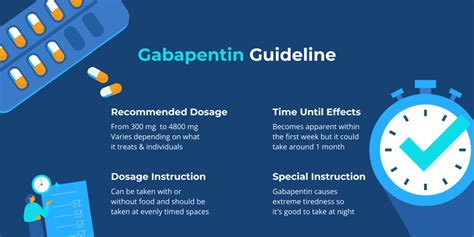Stool Occult Blood Test

The detection of occult blood in stool is a crucial diagnostic tool for identifying gastrointestinal bleeding and monitoring the effectiveness of treatments for various conditions. A stool occult blood test, also known as a fecal occult blood test (FOBT), is a non-invasive, cost-effective screening method used to detect hidden blood in stool samples. This test is especially significant in the early detection of colorectal cancer, as it can identify bleeding from cancerous lesions before symptoms become apparent.
Importance of Early Detection
Early detection of colorectal cancer through stool occult blood testing can significantly improve survival rates. Colorectal cancer often develops from precancerous polyps in the colon or rectum, and detecting these polyps before they become cancerous can prevent the onset of the disease. The test is also useful for monitoring patients with a history of gastrointestinal disorders, such as ulcers or inflammatory bowel disease, to assess the presence of occult bleeding.
How the Test Works
The stool occult blood test detects the presence of hemoglobin or other blood components in stool. There are several types of FOBTs available, including guaiac-based tests and immunochemical tests (iFOBT). Guaiac-based tests rely on the chemical reaction between guaiac (a compound derived from the resin of the guaiacum tree) and the peroxidase activity of hemoglobin, resulting in a color change when blood is present. Immunochemical tests, on the other hand, use antibodies that specifically bind to human hemoglobin, providing a more sensitive and specific method for detecting occult blood.
Preparation and Procedure
Preparing for a stool occult blood test typically involves avoiding certain foods and medications that can interfere with the test results, such as red meat, certain fruits and vegetables, and aspirin or other nonsteroidal anti-inflammatory drugs (NSAIDs). The specific instructions may vary depending on the type of test being used. The test itself involves collecting a stool sample, usually at home, using a special card or collection device provided by the healthcare provider. The sample is then sent to a laboratory for analysis.
Interpreting Test Results
A positive result from a stool occult blood test indicates the presence of hidden blood in the stool, which may suggest gastrointestinal bleeding. However, a positive result does not necessarily mean that a person has colorectal cancer, as there are many potential causes of occult bleeding, including ulcers, hemorrhoids, and inflammatory bowel disease. A negative result suggests that no occult blood was detected, but it does not guarantee the absence of gastrointestinal disease, as some conditions may not cause sufficient bleeding to be detected by the test.
Follow-Up and Further Testing
If a stool occult blood test is positive, the healthcare provider will typically recommend further testing to determine the source of the bleeding. This may include a colonoscopy, which is considered the gold standard for diagnosing colorectal cancer and other conditions of the colon and rectum. During a colonoscopy, a flexible tube with a camera and light on the end is inserted through the anus to visually examine the inside of the colon and rectum for polyps or other abnormalities.
Limitations and Controversies
While the stool occult blood test is a valuable screening tool, it has several limitations. The test can produce false-positive results due to dietary factors or the use of certain medications, and false-negative results can occur if the sample is not collected or handled properly. Additionally, the test may not detect all types of gastrointestinal bleeding, especially if the bleeding is intermittent or the amount of blood is very small.
Emerging Technologies and Future Directions
Research into new methods for detecting occult blood in stool is ongoing, with a focus on improving the sensitivity, specificity, and convenience of screening tests. Advances in molecular biology and genomics are leading to the development of novel, non-invasive tests that can detect specific biomarkers associated with colorectal cancer. These emerging technologies hold promise for increasing the accuracy and effectiveness of screening programs, potentially leading to earlier detection and improved outcomes for patients with colorectal cancer.
Expert insight suggests that while stool occult blood testing is an essential tool in the early detection of colorectal cancer, it should be part of a comprehensive approach to gastrointestinal health, including regular check-ups, a balanced diet, and awareness of family history and other risk factors.
Practical Application Guide
For individuals considering undergoing a stool occult blood test, here are some practical steps and considerations:
- Consult a Healthcare Provider: Discuss the appropriateness of the test based on your age, family history, and other risk factors.
- Understand the Test Instructions: Carefully follow the preparation and collection instructions to ensure accurate results.
- Be Aware of Dietary Restrictions: Avoid foods and medications that could interfere with the test.
- Follow-Up Testing: Be prepared to undergo further testing if the result is positive.
Step-by-Step Guide to Preparing for a Stool Occult Blood Test
- Receive a test kit from your healthcare provider.
- Read and follow the instructions carefully.
- Avoid restricted foods and medications for the specified period.
- Collect the stool sample according to the kit's instructions.
- Return the sample to the laboratory as directed.
Frequently Asked Questions
What is the purpose of a stool occult blood test?
+The purpose is to detect hidden blood in the stool, which can be a sign of gastrointestinal bleeding or colorectal cancer.
How often should I have a stool occult blood test?
+The frequency depends on your age and risk factors. Typically, individuals over 50 years old are recommended to have annual or biennial screenings.
Can I eat before collecting a stool sample for the test?
+It's generally recommended to avoid certain foods for a couple of days before the test. Your healthcare provider will give you specific dietary instructions.
In conclusion, the stool occult blood test is a vital component of colorectal cancer screening and the management of gastrointestinal health. By understanding how the test works, its limitations, and the follow-up actions required after receiving test results, individuals can take proactive steps towards maintaining their health and catching potential issues early. As medical science continues to evolve, the integration of new technologies and methodologies into screening programs will further enhance the detection and prevention of colorectal cancer.

